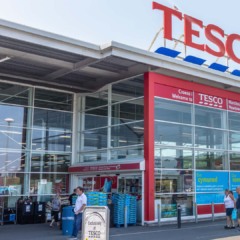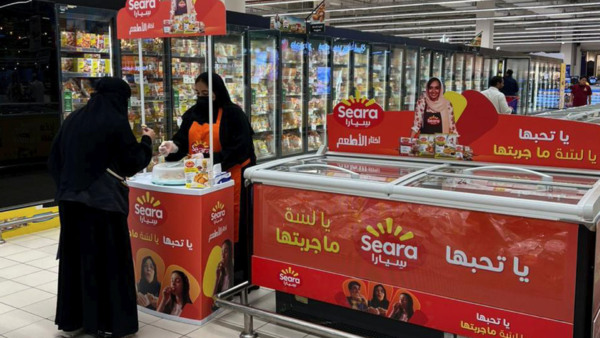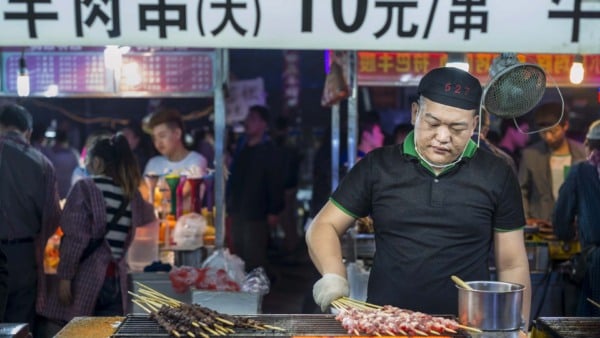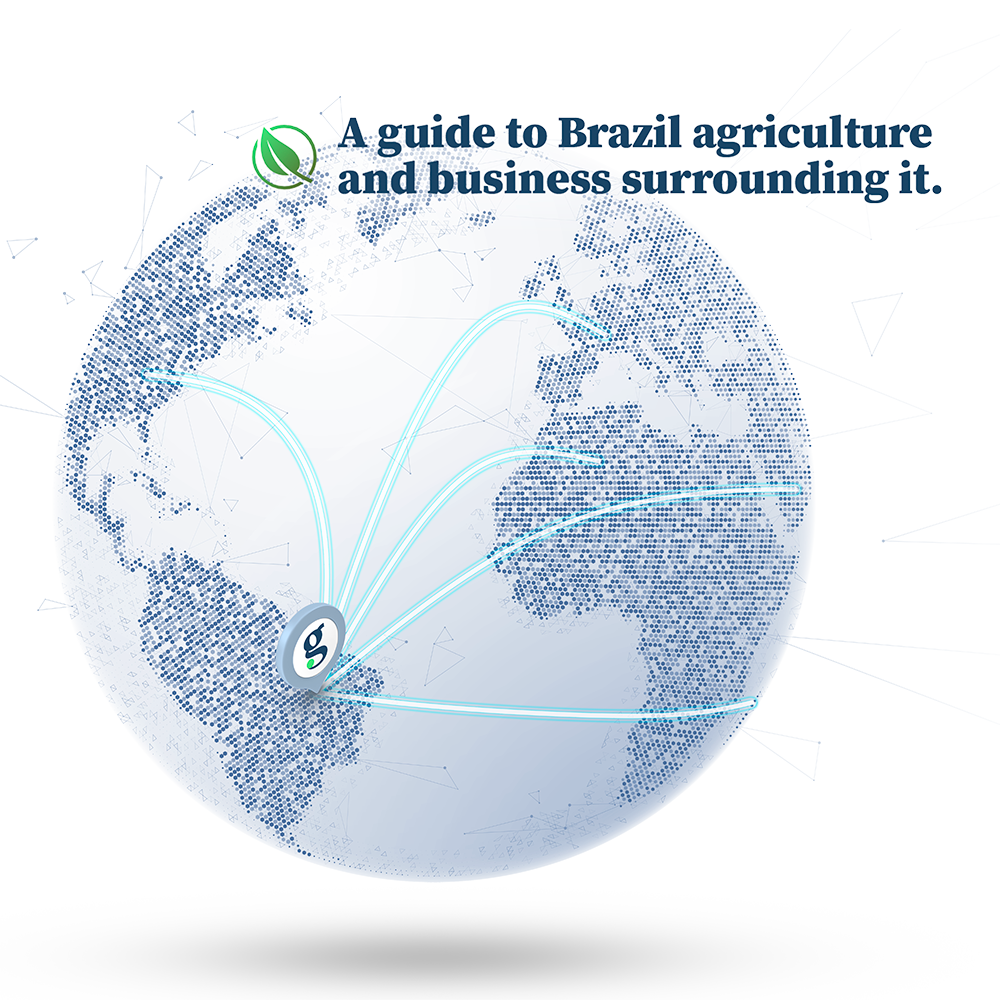
Two weeks after Donald Trump announced a 50% tariff on Brazilian imports, caution has taken hold in Brazil’s beef market, the world’s largest exporter.
There are no new deals and no fresh beef being prepared for shipment to the United States. But the effects go beyond Trump’s nation. Transactions with other major importers have also slowed, as the global meat trade recalibrates ahead of the tariff’s enforcement date, set for August 1.
Chinese buyers — known for their aggressive price bargaining — are pushing for discounts of 2% to 4%, according to two industry sources. So far, Brazilian meatpackers are holding firm. Many exporters have a comfortable backlog of orders — some stretching up to eight weeks — giving them breathing room.
“The tariff shock caused short-term stress, but there’s no panic,” one major exporter told The AgriBiz.

Still, the stress is already showing up in prices. With the US — Brazil’s second-largest beef customer — out of the market, domestic cattle prices have fallen 3% since July 8. Beef carcass prices in the domestic market are following the same trend.
“We’re seeing a much slower pace of sales, especially for beef,” said Lygia Pimentel, CEO of consultancy firm Agrifatto. “It’ll likely stay this way until meatpackers build up inventories and are forced to negotiate.” A source at a major processor echoed the sentiment: “The market is sluggish.”
In the medium to long term, expectations are that trade flows will adjust. With global beef supply tight, other importers may eventually fill the void left by the US. But that transition could take several weeks.
For now, slaughter operations are being scaled back. Processing schedules, which had been extended at the start of the month, are being shortened amid lower demand for cattle purchases and mounting uncertainties.
“There’s a negative impact, which was expected, but it’s likely to be temporary,” Pimentel said. August may still be a challenging month, as exporters wrestle with tough negotiations and search for alternative markets to replace the US, according to her.
One of the most promising candidates is Vietnam, which opened its market to Brazilian beef in March. The Asian nation imports about 480,000 tons of beef annually, 70% of which comes from the US and Argentina. Brazil’s first shipment, made by JBS, left the South American nation earlier this month.
In addition to China, Pimentel also pointed Indonesia, Chile, and Egypt as emerging buyers. And there may even be a glimmer of hope in the US market itself. With American beef prices at record highs, some Brazilian exporters estimate that even with the full 76% tariff in place, Brazilian beef could be only 4% to 5% more expensive than US-produced meat.
For others, there’s no alternative
While the beef industry has alternative destinations, the outlook is far more complicated for other sectors.
Brazil’s orange juice industry, for instance, sends nearly half of its exports to the US — and replacing that demand is nearly impossible. Importers must be equipped with the logistics to handle frozen juice and the infrastructure to reconstitute the product for consumption.
Organic sugar also faces challenges. The US accounts for nearly half of global demand for the product. According to Rodrigo Penna de Siqueira, CFO at Jalles Machado, one of the largest exporters of the product, global consumption of organic sugar is estimated at 700,000 tons — with 300,000 tons concentrated in the US.
Last year, the US imported 268,000 tons, nearly half from Brazil. The relationship is deeply intertwined: over the past decade, the US has made up between 50% and 70% of Brazilian organic sugar exports. “It’s our most important export market,” said the CEO of Jalles Machado.
With just 12,000 tons of domestic demand — less than 0.2% of Brazil’s total sugar consumption — and tumbling sales to the European Union, which now sources tariff-free from Colombia following a trade deal, organic sugar exporters have few options.
Siqueira doesn’t foresee a full halt in shipments. US stockpiles are low, and food manufacturers rely heavily on Brazil’s organic supply. “Sugar isn’t a significant portion of the final product cost,” he noted.
Still, if the 50% tariff persists, the risk is clear: producers elsewhere may ramp up output to serve the US market, gradually edging out Brazil. In that scenario, part of Brazil’s organic sugar production may shift back to conventional.
At Jalles, which has stocks trading on the Sao Paulo stock exchange, organic sugar exports to the US accounted for 6% of total revenue last year. Organic sugar typically has a 30% to 35% premium over conventional sugar.








